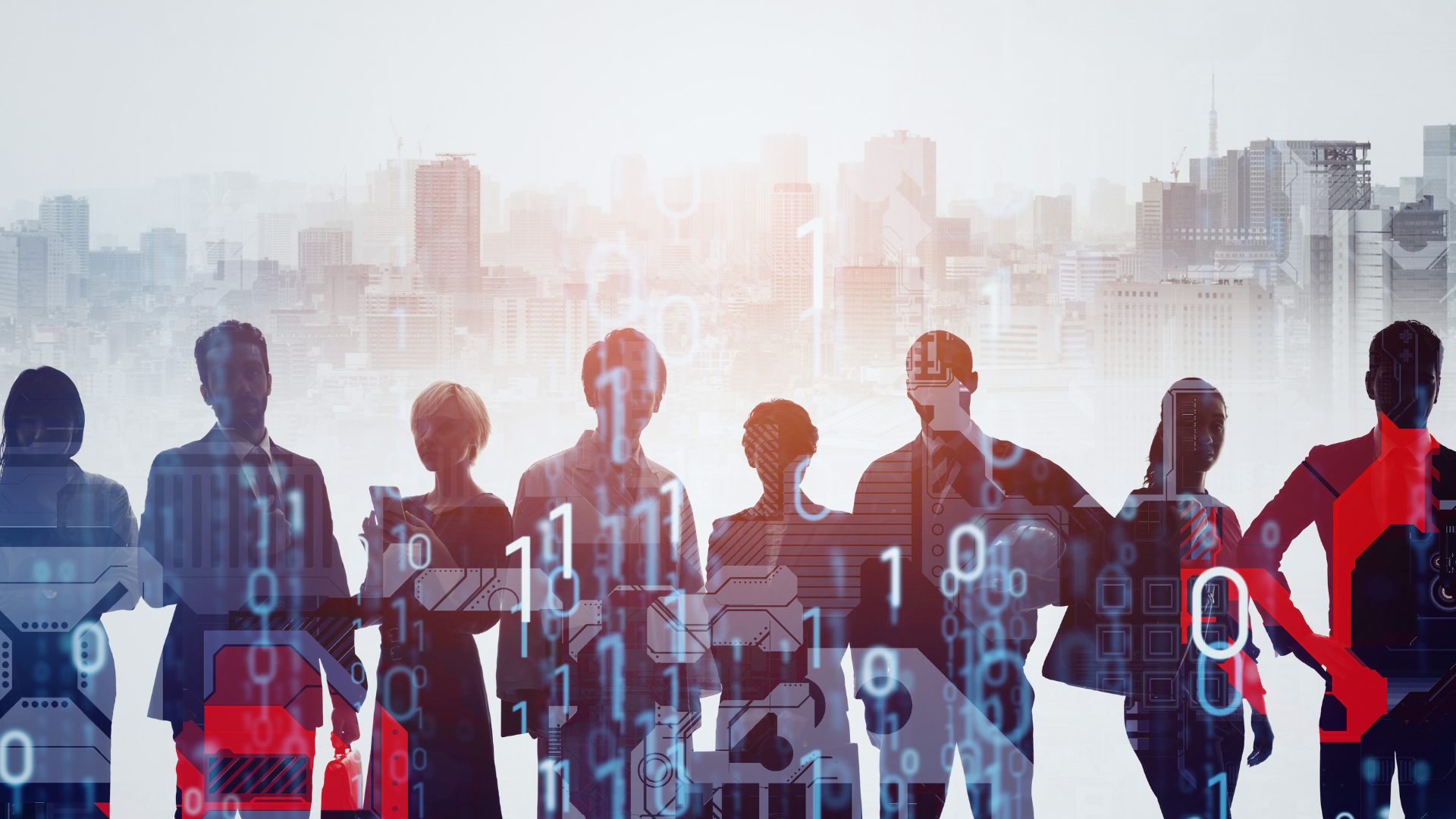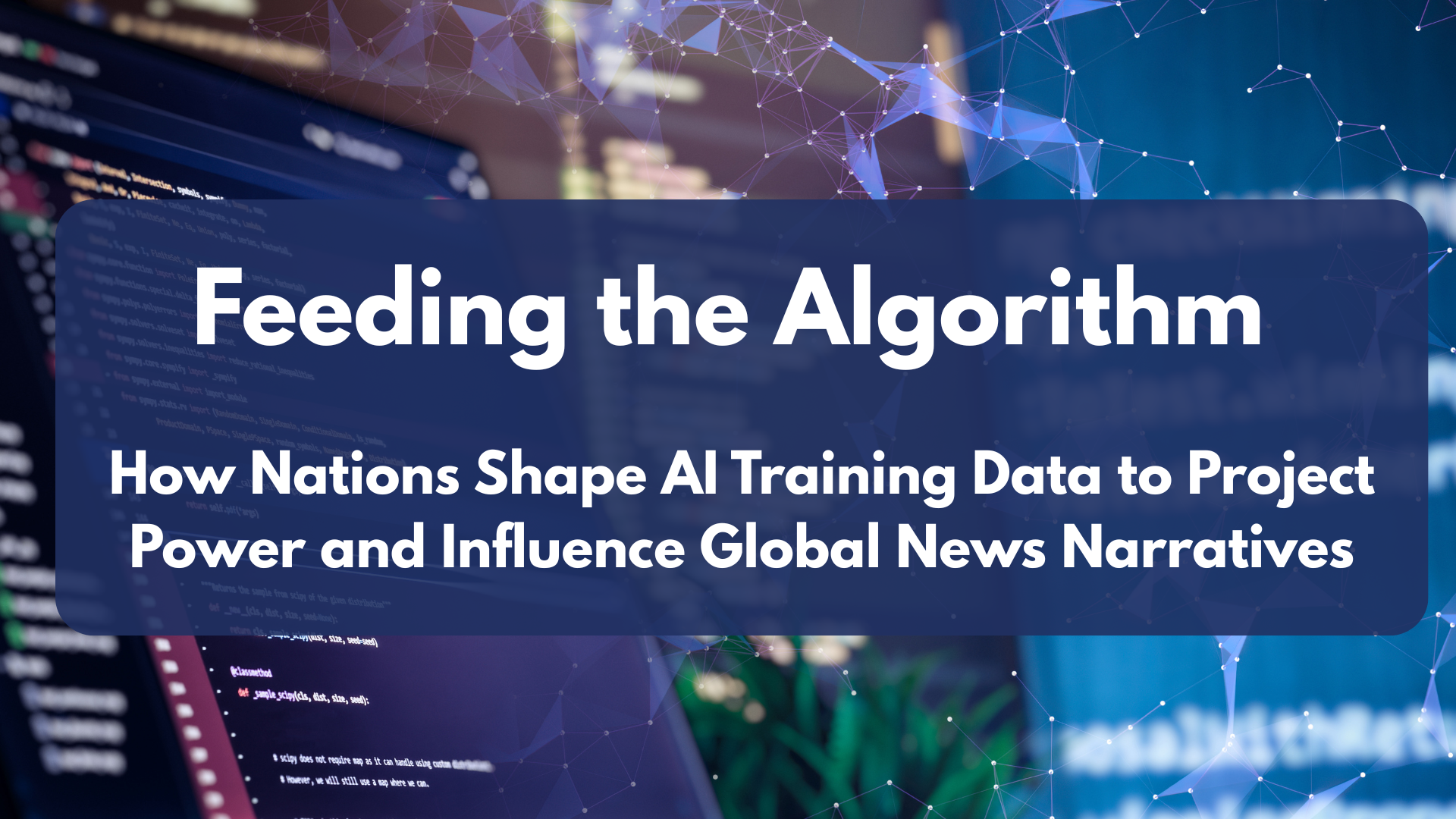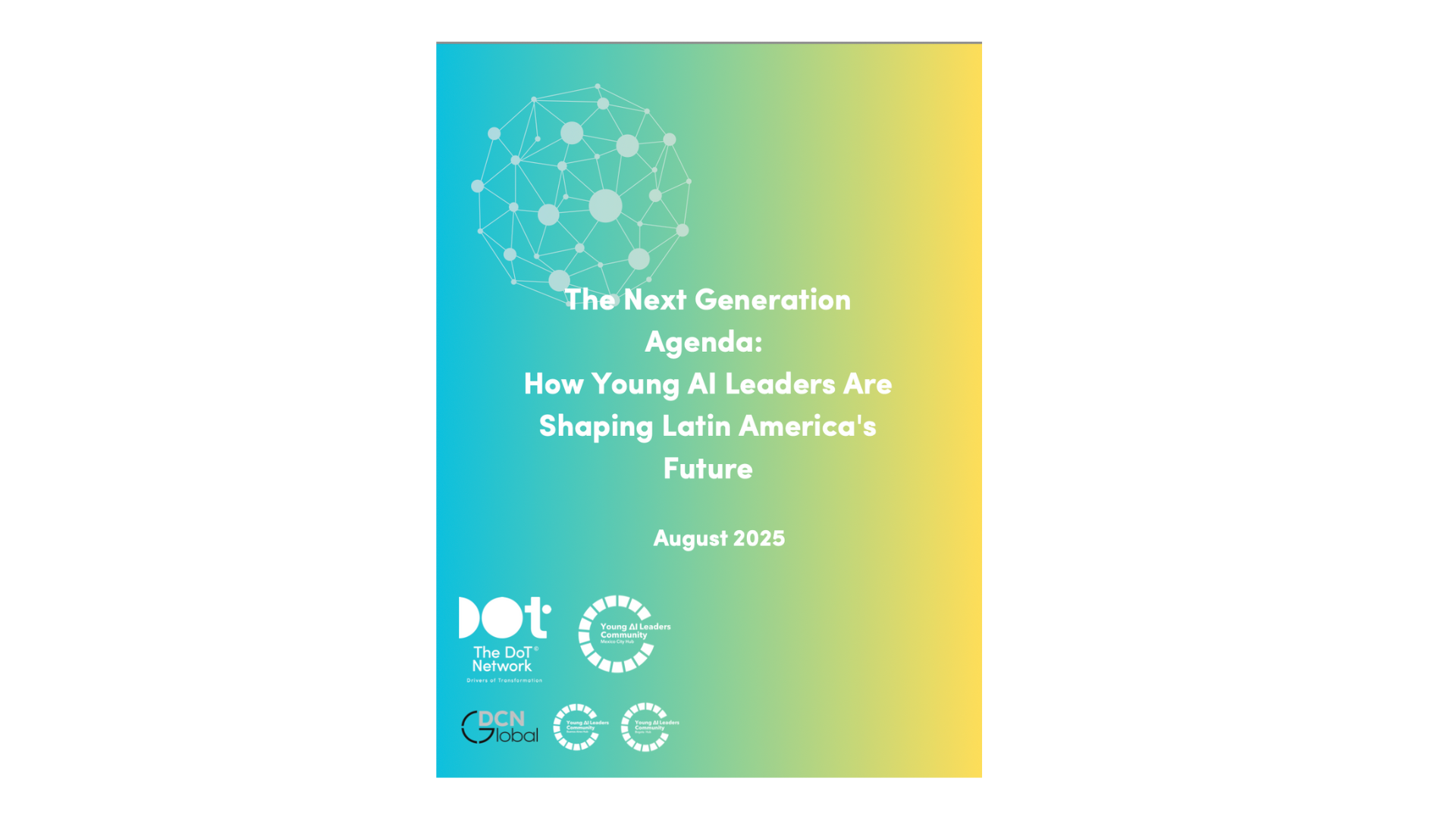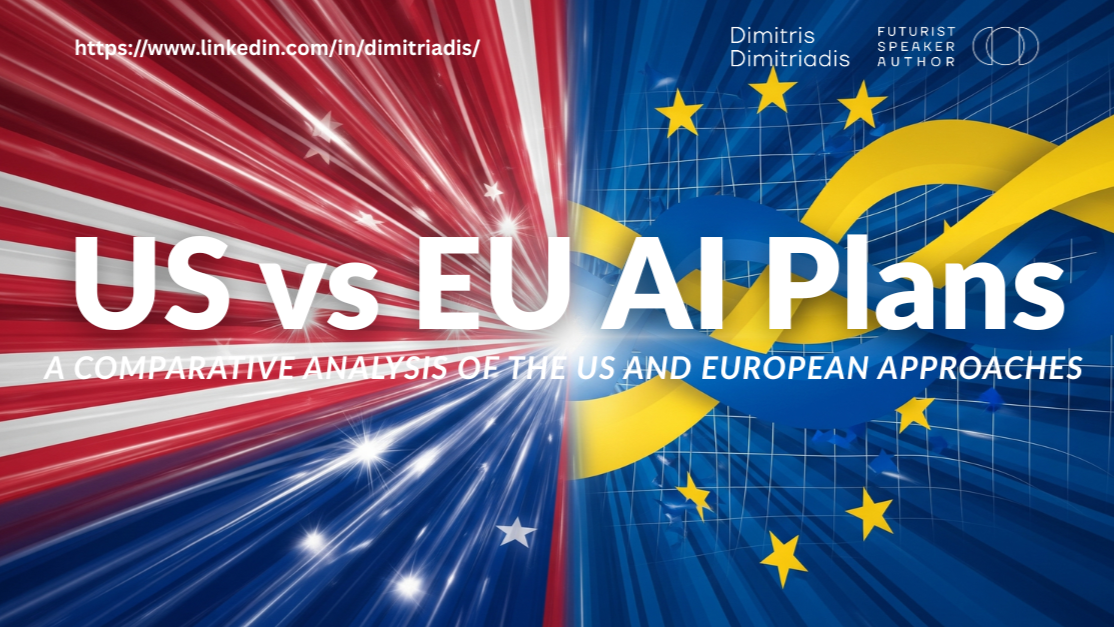
Multiple problems: technological and digital threats to democracy and the information disorder
At Defend Democracy, we are very concerned about the many side-effects of new and emerging technologies on our freedoms, our fundamental rights and even our security. The pandemic has only accelerated these worrying developments, with our lives becoming even more digitalised and with many governments trying to find easy technological “fixes” for complex social problems.
Recent developments have underscored the gravity of the problem, and the urgency with which technological threats to democracy need to be addressed. Some examples: Hungary's government spying on journalists' phones, Facebook inciting the Myanmar genocide, Russia hacking Germany's Parliament, the 'infodemic' that accompanied the pandemic, China spying on its citizens, the role of social media in the American insurrection on January 6th last year, and Russia's information war on Ukraine and on the West.
There are many digital threats to democracy: digitally impaired cognition, reality apathy, weaponised info, polarisation, compromised privacy, weakened media, digital authoritarianism – to name a few.
What is happening, is that humanity is now inventing & deploying digital technologies that transform our societies in ways we can't handle. Our brains can't cope, and we as social creatures can't cope.
So the problem with our information disorder has four elements:
- we have hostile foreign state actors, with propaganda designed to trigger our emotions and knee-jerk behaviour, aiming to create confusion and to sow division;
- we have domestic scammers, partisans, populists, and extremists creating and boosting harmful content
- we have digital platforms with polarisation as their business model;
- and we have our demand side: WE are part of the problem. Fact-checking and digital literacy are great, but we're not rational actors.
Regarding how we are handling Russia's information war since 2014, someone recently said: “We're building the plane while flying.” My diagnosis is worse: the plane is melting while we’re building it.
To respond to the next crisis, we must first acknowledge that our information space is broken. We have a structural, systemic problem, which we need to fix as soon as possible. Before the next crisis.
Some solutions
We cannot tackle these technological and digital challenges to democracy top-down or bottom-up only. We need to stand together: the public, private and civic sectors must defend democracy together.
What tech companies should do
For technology to strengthen, not weaken democracy, it needs to be co-designed. What does that mean? Co-design (also called participatory design) is an approach to design attempting to actively involve more stakeholders (for ex anthropologists, citizens, end users…) in the design process to help ensure the result meets users’ needs and is… usable. It’s not a design style, but an approach which is focused on the processes and procedures of design. It is used in a variety of fields as a way of creating environments that are more responsive and appropriate to their users’ cultural, emotional and practical needs.
This approach can also be used for technologies to better respect our fundamental freedoms and rights. How? By involving experts and practitioners of technology ethics, human rights, digital rights, data privacy, cyber security, digital surveillance, etc as stakeholders in the design process. That way, you can design technologies that have ‘privacy-by-design’ or have more ‘operational security-by-design’. Having technology with these values-based features by-design is of course critical to those at risk in authoritarian states, but also in backsliding democracies and in our increasingly polarised societies: journalists, judges, scientists, human rights activists, democracy defenders…
What governments should do
On the supply side governments should absolutely up our game on StratCom and raise the costs of our adversaries weaponising information. Treat it like a kinetic attack.
On the demand side governments should continue to support fact-checking, debunking and pre-bunking, and continue to have schools teach critical thinking, media literacy and digital literacy.
But even if we could magically make disappear all foreign and domestic information manipulation, and even if we could magically become non-emotional and non-social creatures, we still have the fourth component of our information disorder: Big Tech having polarisation as a business model.
The only way to solve the underlying systemic crisis, is to disrupt the business model of Big Tech. Anything else is rearranging deck chairs on the Titanic. Even the EU's Digital Services Act is far from adequate.
Big Tech is behaving much like Big Tobacco and Big Oil: they deny, delay and obstruct regulation. With increasing polarisation and domestic extremism, we cannot afford to waste any more time. If we want democracy to survive, democracies should regulate existing tech NOW.
So regulate the tech platforms very strongly. Not just social media but also search engines, everything. Because they are not only costing us billions in lost productivity – by now Big Tech is a global security threat. We’re not allowing cars without safety belts. So why would we allow tech platforms without safety belts?
But governments should not only regulate technologies when it’s already too late, that is: once they exist. Democracies must make values mandatory from the start. As explained earlier, for any new technologies, values must be built in by co-design.
What citizens can do
Civil society, that's all of us! We can and should push tech firms for accountability, meaningful transparency, data privacy, operational security etc. We should also push our representatives and governments for democratic oversight and regulation of technologies.
And we can be responsible social media users. How? You probably all know the advice “Don't feed the troll.” Well, what goes for trolls also goes for algorithms: “Don't feed the algorithm.” What that means is: don't reward those doing disinformation campaigns – inciting hate, extremism, polarisation, and ultimately even violence – with your clicks and engagement. Because any click means voting for more of the same.
If you want more concrete tips and tricks for responsible social media use: check out Defend Democracy's do's and don'ts on our website, or join one of our Act On Disinfo trainings.
To conclude. Before the next crisis:
- We should have a Transatlantic policy regulating digital platforms;
- Democracies must team up to disrupt Big Tech's business model;
- Democracies must team up to start building public service alternatives;
- We should ban bad algorithms that are turbocharging polarisation, extremism, violent conflict, and yes – even warfare and genocide;
- A good start would be to restore chronological timelines.
We have no time to waste. If we don’t act, I fear that in five years or so, we won’t have any democracies left.
We’re like the proverbial frog being slowly boiled. The question is: will we jump out out of the cooking pan in time?
A publication by Alice Stollmeyer as a follow-up to the forum "War in the Digital Age". Alice Stollmeyer is the Founder and Executive Director of Defend Democracy, an NGO working to defend democracy against foreign, domestic and technological threats. Stollmeyer has a background in social studies of science, technology and society. A former digital strategist, she now works on democracy, technology, geopolitics and hybrid threats.


